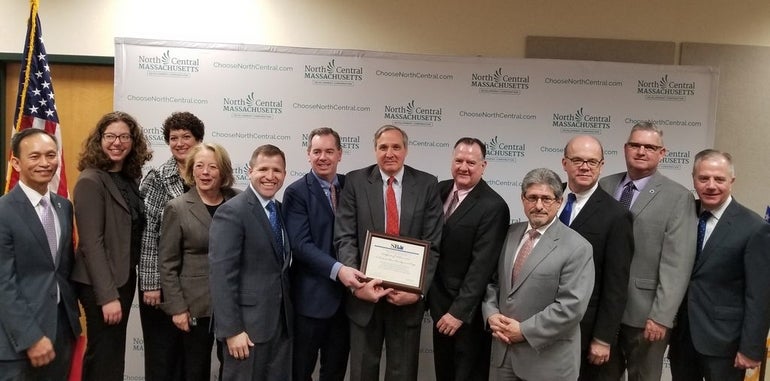The North Central Massachusetts Development Corp., has joined a national Small Business Administration lending program giving loans to businesses in underserved communities.
NCMDC, the lending arm of the North Central Massachusetts Chamber of Commerce, announced Thursday the new designation as a SBA Community Advantage Lender. The Community Advantage Lender Program is aimed at businesses in neighborhoods where median income is at or below 80 percent of the area median, or those primarily employing workers from low- to moderate-income households or census tracts. Businesses established in the past two years and those led by veterans are also included.
Loans can be used for working capital, machinery, equipment, furniture or refinancing business credit card debt.
As such a lender, the NCMDC is required to direct 60 percent of its SBA-backed loans to these underserved markets. The SBA provides guarantees of 85 percent for loans up to $150,000 and 75 percent for loans up to $250,000.
The NCMDC serves 76 communities in Worcester, Middlesex and Franklin counties and has lent around $6 million since its inception in 1996. Roughly half of its existing loans were made to companies in low- to moderate-income census tracts.

